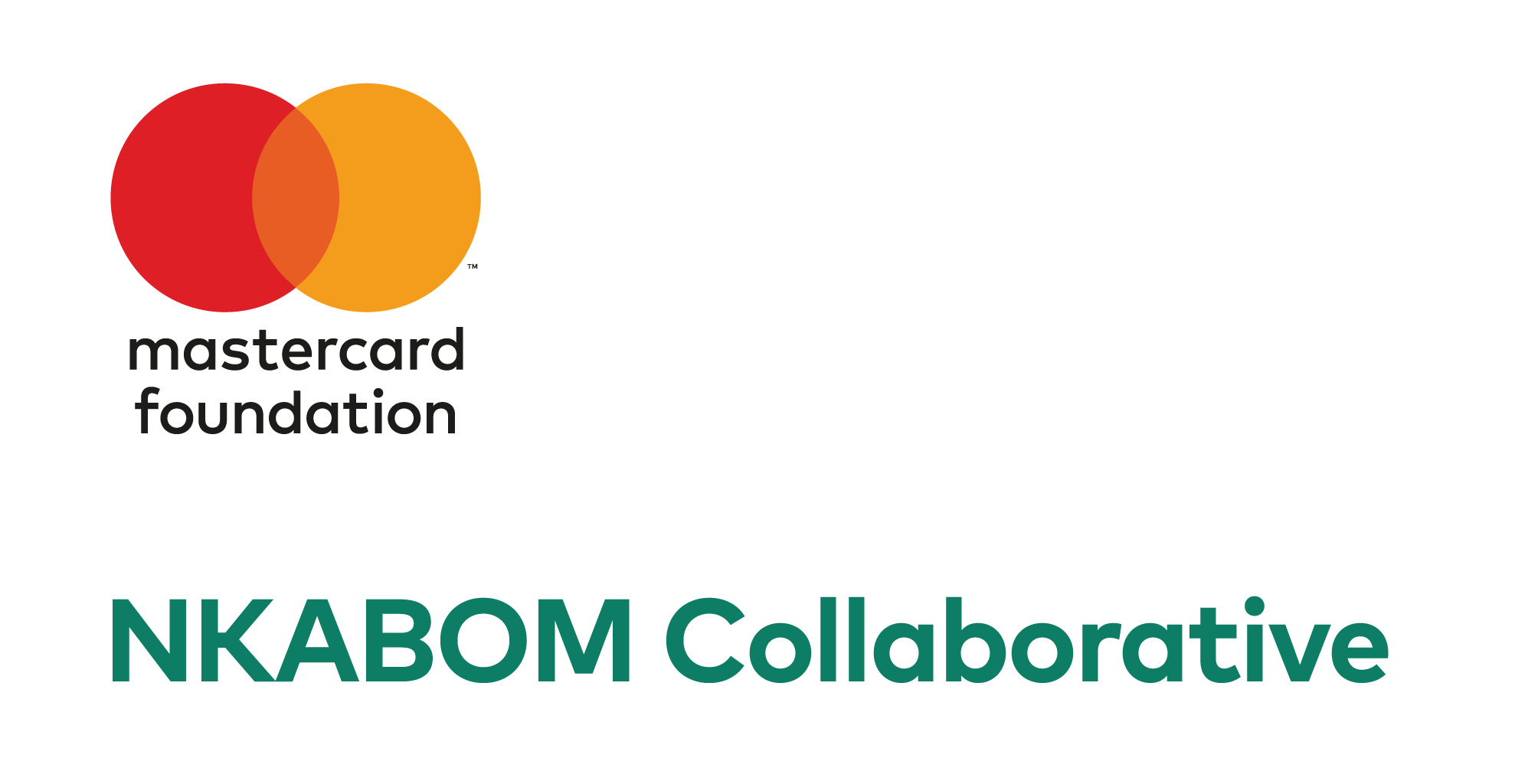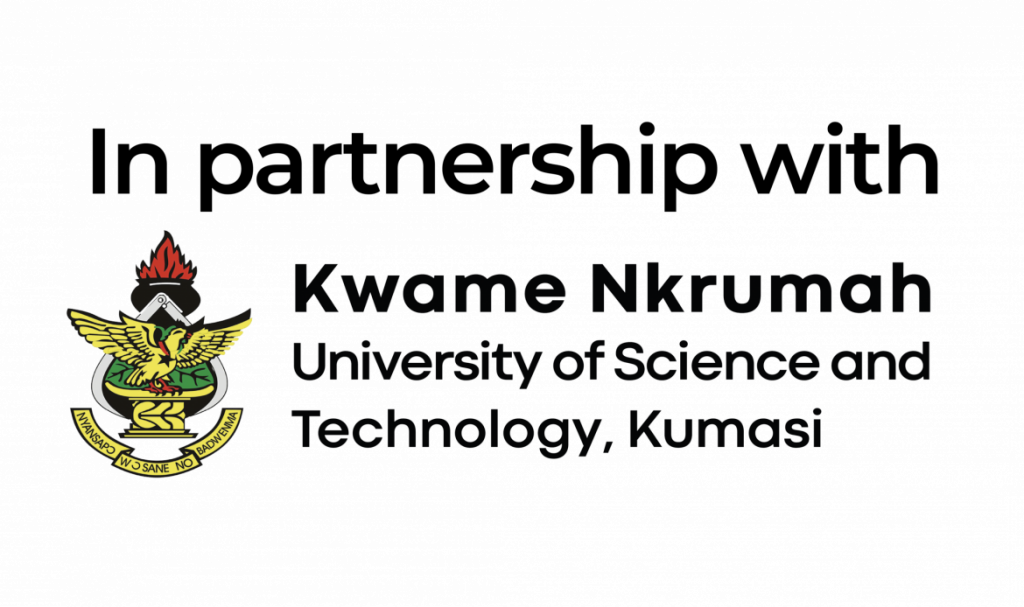About | Project Pillars
Our project pillars highlight the core values and focus areas guiding our work. They provide a framework for driving impact in agri-food and nutrition. Each pillar strengthens our mission for lasting change.
The Nkabom Project is anchored on three core Strategic Objectives (SOEs) that collectively drive its vision of transforming the nutrition and sustainable agri-food ecosystem in Ghana. These objectives address the systemic challenges of youth underemployment, limited access to quality education, and the need for inclusive economic growth.
Strategic Objective 1 (SOE 1): Education Ecosystem
This objective focuses on transforming the quality, relevance, and delivery of education and training in the agri-food and nutrition sectors. It emphasizes:
- Enhancing and updating existing curricula.
- Creating new training programs with built-in practical components.
- Promoting innovative pedagogical methods that bridge theory and real-world application.
- Expanding access to vocational and technical training across rural and urban communities.
KNUST places strong emphasis on this objective, recognizing education as the cornerstone of workforce readiness and sustainable development. Through the Nkabom Project, KNUST aims to lead in the design and delivery of forward-thinking, inclusive, and impact-driven education.
Strategic Objective 2 (SOE 2): Access
At the heart of Nkabom’s mission is equitable access—ensuring that all young people, regardless of background or circumstance, can benefit from opportunities in the agri-food and nutrition space. This includes:
- Removing barriers to education and employment for marginalized groups such as women, displaced youth, and differently-abled persons.
- Designing programs that accommodate non-traditional learners and diverse educational pathways.
- Supporting learners with mentorship, supervision, and post-graduation transition into the workforce.
Strategic Objective 3 (SOE 3): Entrepreneurship Ecosystem
This objective is about cultivating an environment where innovation, business development, and job creation in the agri-food and nutrition sectors can thrive. It includes:
- Supporting young entrepreneurs and SMEs through incubation, mentorship, and funding opportunities.
- Encouraging practical skills and entrepreneurial thinking among students.
- Building networks between academia, industry, and government to create market-ready solutions.
KNUST is highly invested in this objective, aiming to produce not just graduates, but entrepreneurs—leaders who will drive economic transformation in their communities and across Ghana.
Although Access (SOE 2) remains a core outcome of the Nkabom Project, KNUST believes that meaningful and sustainable access is best achieved through strong progress in both education (SOE 1) and entrepreneurship (SOE 3). By strengthening educational systems and fostering an entrepreneurial mindset, we create an enabling environment where all young people—especially those from marginalized backgrounds—can thrive.
Through this synergistic approach, KNUST is committed to breaking the cycle of youth unemployment and opening up inclusive pathways to dignified and sustainable livelihoods.

